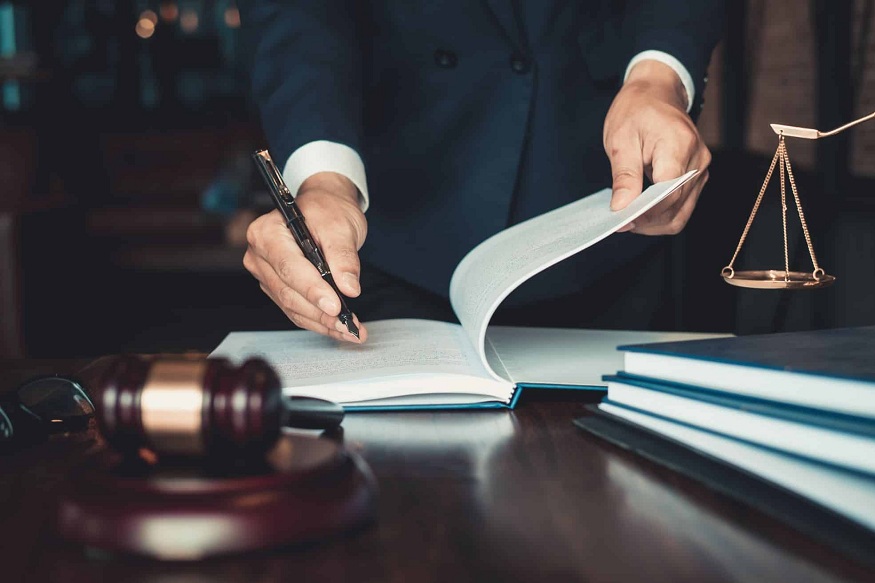For expatriates living in the UAE, the question of what happens to your assets in the event of unforeseen circumstances, is one that arises very often. You may own property in multiple countries, maintain bank accounts across the globe, and have loved ones residing in different jurisdictions. A well-constructed will in the UAE can be one of the most powerful tools to ensure your estate is handled according to your wishes and avoid ambiguity at a later stage. Here’s how Wills in UAE, and more specifically Wills in Dubai (e.g. DIFC-registered ones), help expats protect global assets in addition to outlining what the limitations are.
Why Having a Will in the UAE Matters
- Default rules may not reflect your wishes
If you die without a properly drafted Will in the UAE, it is quite likely that your assets will be distributed as per Sharia law or local inheritance laws (for example, Federal Decree-Law No. 41 of 2022 for non-Muslims). Even if you have a Will made in a foreign country, without adequate measures to have your UAE assets covered properly, local courts and authorities may default to UAE laws. - Protection of UAE-based assets
Real estate, bank accounts, vehicles and business shareholdings in the UAE are subject to local regulation. A Will registered under the DIFC Courts Wills Service or through the Abu Dhabi Judicial Department (ADJD), or through Dubai Courts or Notaries, can ensure that these assets are distributed as you wish rather than being caught in lengthy legal or probate delays. - Faster, cleaner estate administration
Having a Will in Dubai or elsewhere in the UAE, especially one registered through DIFC or ADJD, tends to cut through administrative delays. Courts know there is a legally valid document guiding asset distribution. Owing to this reason, assets are less likely to be frozen for long and cause fewer disputes among heirs, since wishes are clearly documented.
What Wills in the UAE Can Do for Your Global Assets and Where the Gaps Are
What They Can Do:
- Include overseas or foreign assets: Some UAE wills (notably DIFC Wills) permit inclusion or reference to foreign movable and immovable assets. It’s possible to express your wishes for assets outside the UAE, keeping in mind that enforcement abroad depends on local law.
- Opt out of default Sharia inheritance (for non-Muslims): Modern UAE laws, particularly specific laws for non-Muslims, give more flexibility. You can opt for your home country law to govern your wishes, if properly documented.
- Appoint guardians for minor children, name executors, specify timing of distributions etc. This is especially useful if your children live abroad or you want a different executor for your assets outside the UAE.
What are the limitations?
- Enforcement in other jurisdictions is not guaranteed. Even a UAE Will that covers foreign assets may need separate recognition /probate or legal procedures abroad. Different countries have different rules about how they treat foreign wills, translations, and conflicts with local inheritance laws.
- Eligibility constraints. For example, to register a DIFC Will, you must be non-Muslim, over 21, and have UAE assets or minor children in UAE (depending on type).
- Property laws remain local. Immovable property like real estate and land is almost always governed by the laws of the country in which it sits. So, a Will in UAE cannot alter deed ownership laws in another country. But it can help your heirs have the legal authority to claim ownership or transfer title, wherever possible.
If you live in Dubai, DIFC Wills are especially significant:
- DIFC Wills Service is structured to give non-Muslims more control over their UAE assets and allows for Wills in English, more familiar legal practice, and clearer probate in DIFC Courts.
- Registration can often be done from abroad (virtually), which helps expats who travel or are temporarily outside the country.
- A Dubai/DIFC-registered Will tends to reduce risk by making your wishes transparent and clearly known under UAE regulation. This helps to ensure that whatever assets you hold globally aren’t “lost” in legal ambiguity just because you didn’t cover your UAE side properly.
Does a UAE Will Secure Your Global Assets?
In short: Yes. With proper planning, a Will in the UAE can play a central role in protecting your global assets. But this is not a given.
To maximise protection:
- Use a two-pronged strategy: have a Will in your home country in addition to a UAE-registered Will (if you have assets here).
- Ensure both Wills do not conflict, and that each is valid under respective legal jurisdictions.
- Work with legal advice both in the UAE and in the jurisdictions where your foreign assets are located.
- Keep your Will updated if assets, beneficiaries, family situation change.
A properly drafted and registered Will in the UAE, gives you more control. It reduces uncertainty, speeds up inheritance-related matters, lowers risk of disputes, both for your UAE-based property and for many of your global assets, insofar as foreign laws allow. For expats, that peace of mind makes all the difference.

